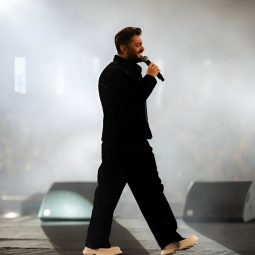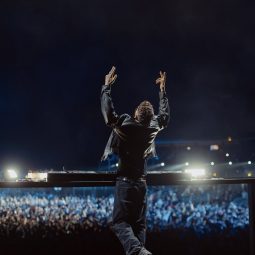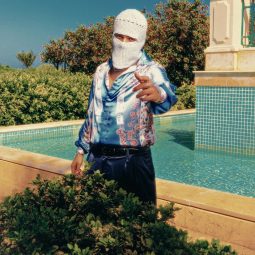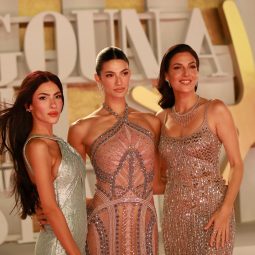Shaaby music has become one of the most controversial genres in the Egyptian scene. Whether you like it or not, we can't deny that the rise of shaaby music over generations has altered perspectives on music and reshaped the Egyptian musical industry. With icons from each generation that continue to stand out in the world of music, join us as we explore the evolution of Shaaby Music.
Adwya
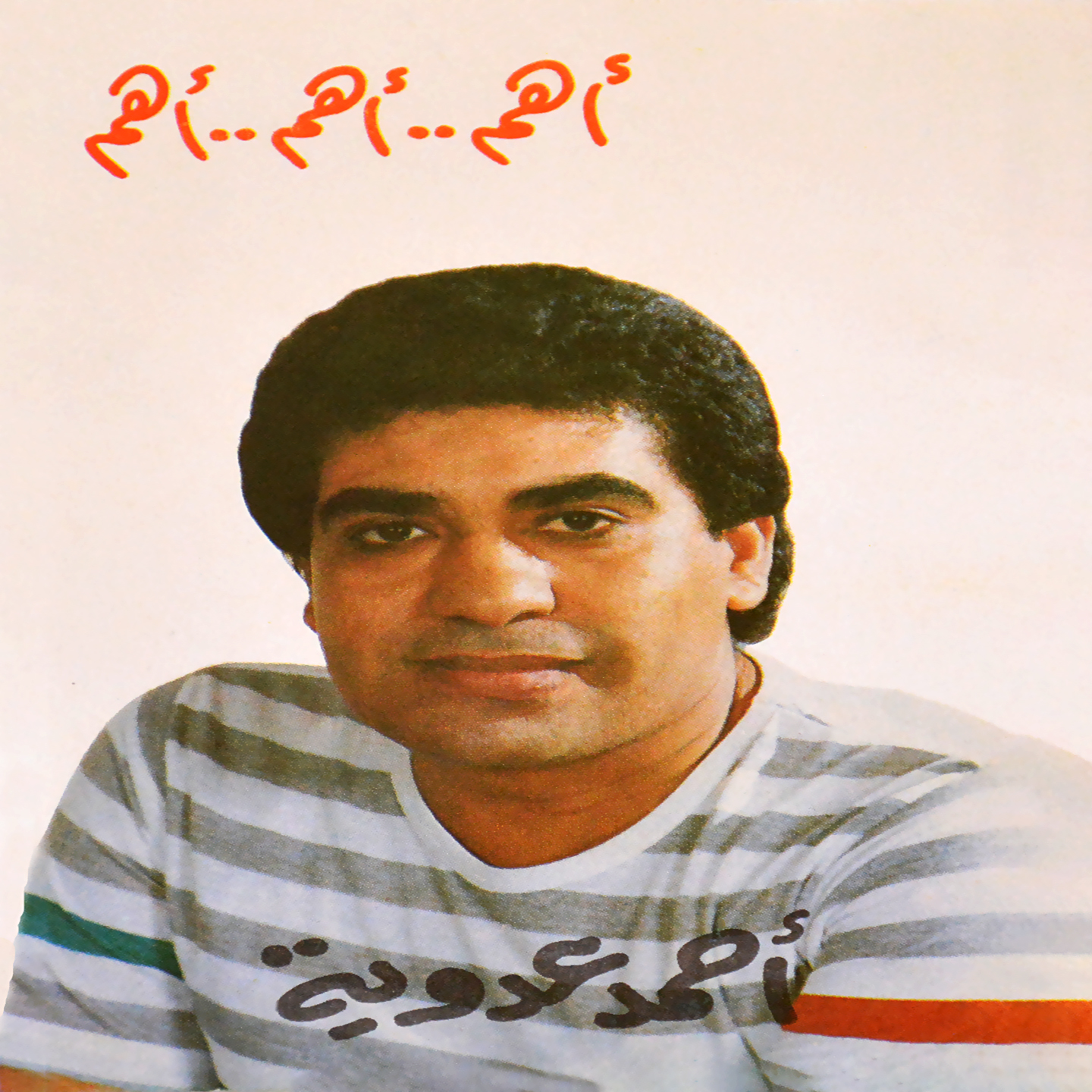
Kicking off the journey, Adwya's Ya Bent El Sultan marked the beginning of street shaaby music's rise in the Egyptian community. The style gained vast recognition and instantly became a hit at weddings.
Hakim
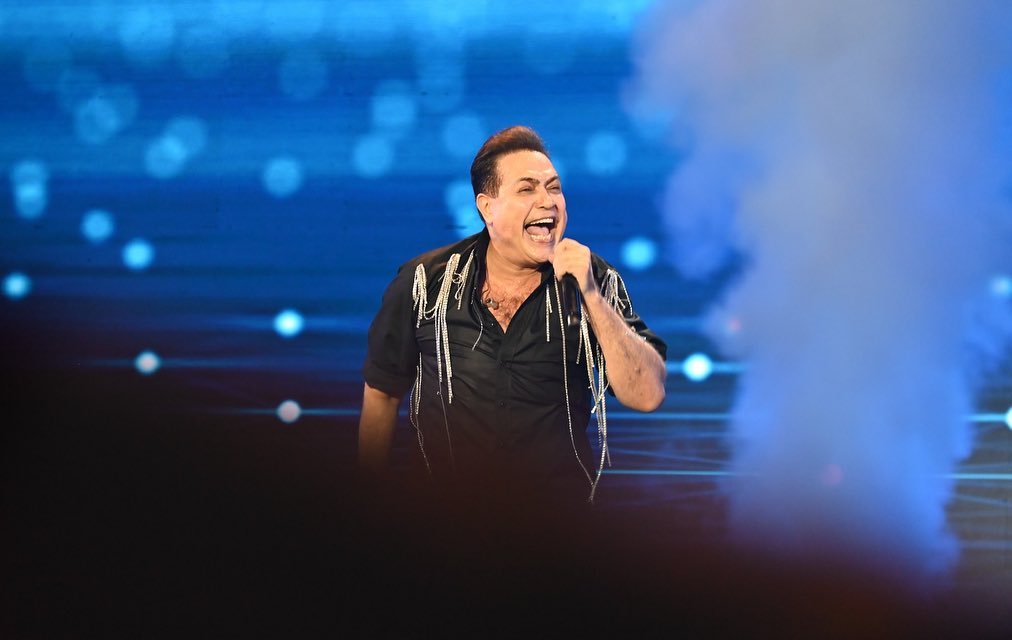
Introducing a fresh take on the genre, Hakim merged shaaby music with pop, infusing modern beats and unique lyrics. His innovative approach heralded a new era for shaaby music that pleased all sectors of the community and instantly boomed.
Abdelbaset Hamouda
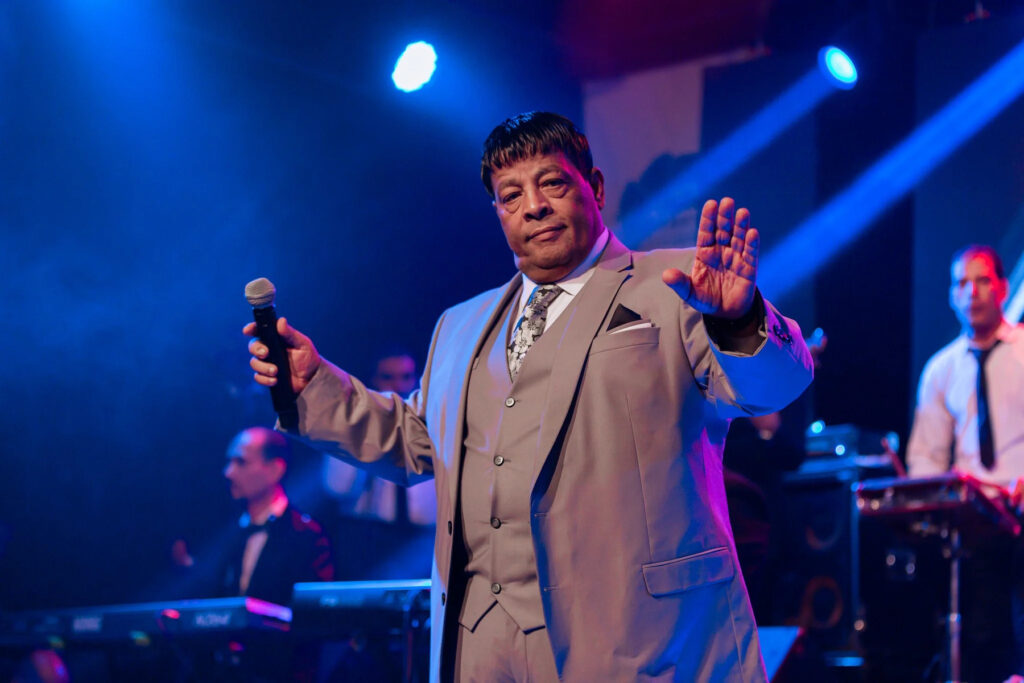
Another legend of shaaby music, Abdelbaset Hamouda, continued Adwya's legacy with a similar sound. He remains influential today, collaborating with newer generations such as Lithy, Doniya Samir Ghanem, and Abu.
Oka W Ortega

Around 2010, Oka W Ortega burst onto the scene, bringing new hip-hop street beats. They quickly took over school trips, college parties, and weddings, marking a turning point for the genre and opening the door for experimentation. With sharp beats and zero focus on vocals but rather on creating a street-like atmosphere and matching it with sharp bars, Oka w Ortega created a whole new era for the Egyptian shaaby scene.
Boosy & Lithy
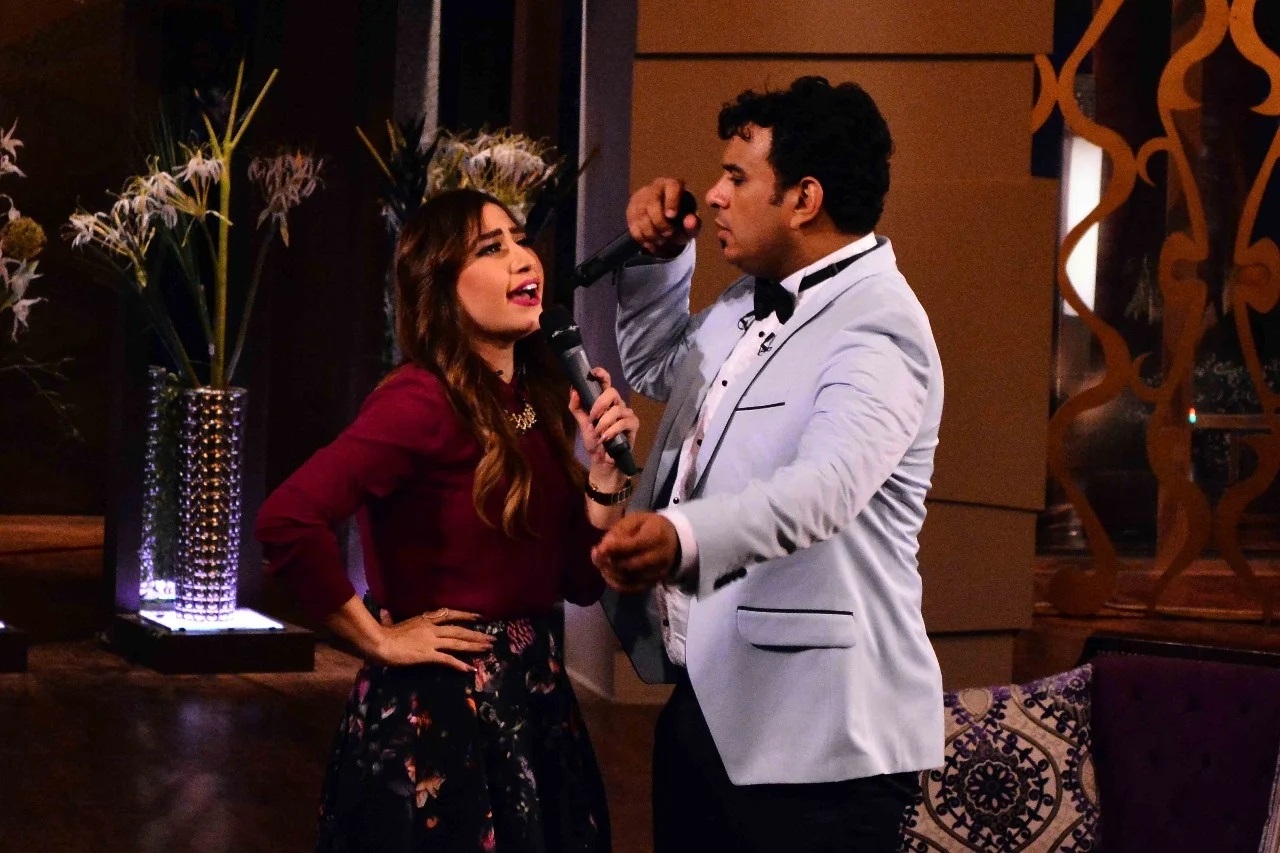
Blending the old with the new, Boosy and Lithy emerged as a dynamic duo in shaaby music. They revived the classic musical essence of Adwya and Abdelbaset while infusing the edge of the clamour of the Egyptian streets inspired by Oka W Ortega’s tracks, creating exceptional vibes in every playlist.
Essam Sasa
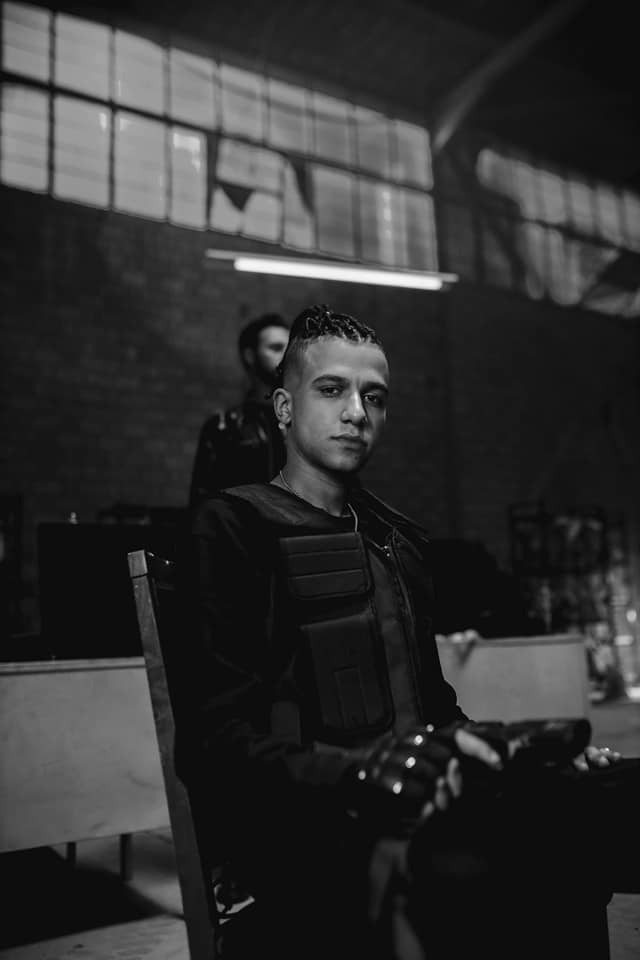
Essam Sasa may be the newest in the game, but he definitely influenced the shabby music scene. With deep bass and touching lyrics that resonate with everyone, Sasa has also made a strong impression.


